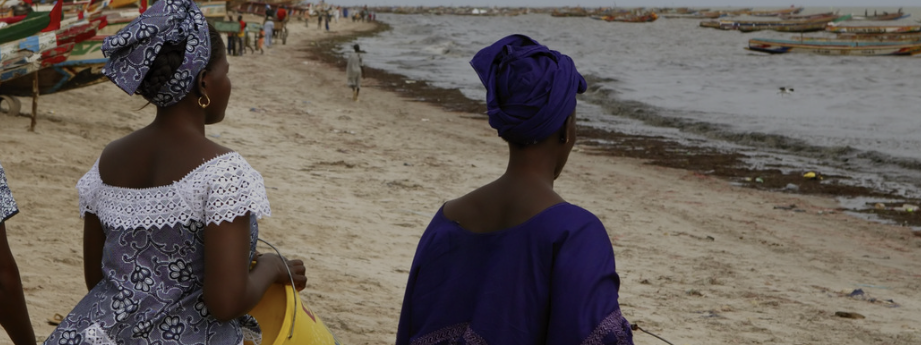African Language Program
The African Language Program include training in Wolof, Pulaar, Swahili, and Arabic at Columbia, and Zulu and Yoruba through the Shared Course Initiative with Cornell and Yale universities.
The philosophy behind the African Language Program is that any serious understanding of Africa begins with language study. African language courses are designed to help students work toward both communicative and cultural competence. The overall aim of the program is to help students gain the linguistic skills necessary to function in all areas of practical need, and prepare them for advanced study of history, culture, and literature. Regular classroom instruction is offered in several languages: Swahili, Wolof, Pulaar, and Arabic. Zulu and Yoruba are taught at the Language Resource Center (LRC) at Columbia through the Shared Course Initiative with Cornell and Yale universities. Undergraduate and graduate students are eligible to apply for FLAS fellowship that provides both summer and academic year support for language training.
Swahili: Spoken principally in Kenya and Tanzania, Swahili also serves as a regional lingua franca throughout Eastern and Central Africa.
Wolof: The main lingua franca of Senegal and The Gambia, it is spoken as a first or second language by the majority of populations in those two countries in most social contexts. It is also spoken by a significant minority in Mauritania.
Zulu: The dominant language in KwaZulu-Natal, the largest province in South Africa, Zulu is the language with the largest number of speakers in the country, and is also spoken in Malawi, southern Swaziland, and Lesotho.
Pulaar: The most geographically widespread language of Africa, Pulaar is spoken in various areas from the westernmost point of the African continent (Senegal) southward to Sierra Leone, and eastward across Mali to Sudan. The prominent role played by Pulaar people in West African history is reflected through their rich written and recorded heritage.
Yoruba: The Yoruba language (natively èdè Yorùbá) is a Niger–Congo language spoken in West Africa. The number of speakers of Yoruba was estimated at around 20 million in the 1990s. The native tongue of the Yoruba people, is spoken, among other languages, in Nigeria, Benin, and Togo and in communities in other parts of Africa, Europe and the Americas.
Arabic: Modern Standard Arabic (MSA) is spoken by the media, used in most printed material, and understood widely across the Middle East and North Africa. It is derived from Classical Arabic, especially that from the pre-Islamic to the Abbasid period. Modern Standard Arabic serves as a sort of lingua franca across the Middle East and North Africa, as various national, regional, and local dialects can vary widely.
Courses & Levels:
Elementary I, II: These elementary language level courses offer an integrative approach to the four language skills: reading, writing, listening, and speaking. Students learn to recognize all contrastive sounds and distinguish question and answer intonation, express basic feelings and needs, as well as ask and answer questions related to these needs and feelings. At the completion of the second semester students will be able to communicate using basic structures, express basic courtesy, correctly spell, read, and interpret written text in areas of practical need, and begin to develop cultural insight.
Intermediate I, II: These courses focus on further developing students’ awareness and understanding of the languages and cultures, as well as improving mastery of grammar, writing skills, and oral skills. Course materials incorporate various types of text including tales and cartoons, as well multimedia such of films, videos, and audio recordings. Students will be able to understand, and interpret both written and spoken language in a variety of situations, elaborate on descriptions, and discuss likes and dislikes, comprehend speech on familiar topics, discuss opinions, and cultural differences, recognize various types of spoken and written language, and expand cultural knowledge.
Advanced I, II: These courses focus on further developing students’ linguistic competence in a wide variety of social contexts, and in written texts. Students will be able to create detailed descriptions using complex sentence structures, narrate events, understand, and interpret complex culturally charged language such as that found in tales and historical narratives. Students will acquire the necessary skills to present an analysis of authentic oral or written text to an audience, respond spontaneously to questions, and formulate and defend a position, and gain further knowledge into the histories, politics, and social settings of the speakers of the language of concern.

